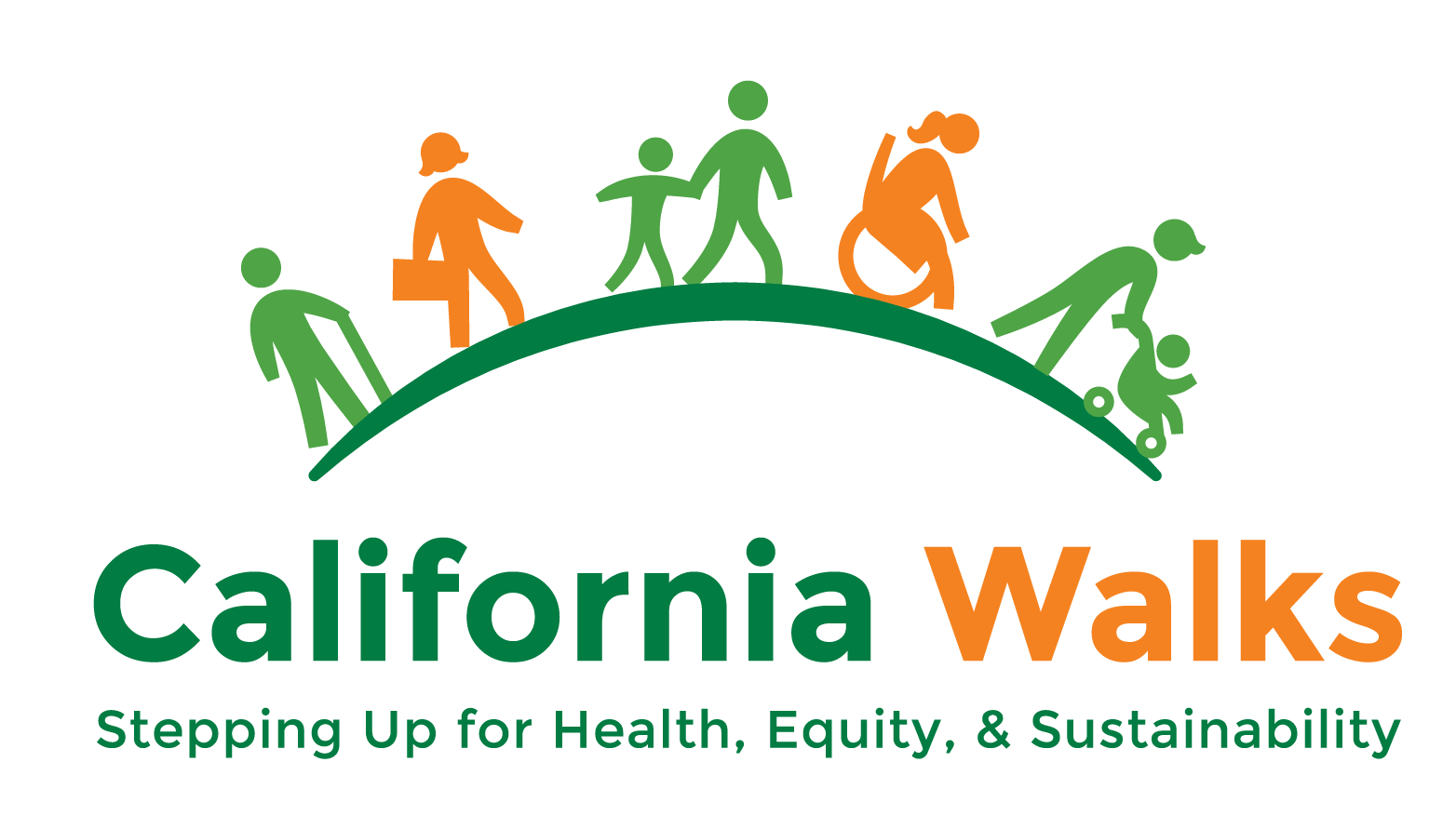Remembering In a Time of Social Distancing
Everyday our world looks and feels different than the day, week, and month before. Everyday our emotions go through highs and lows and we’re learning to respond collectively to our new life amid COVID-19. During this time we have been checking in with each other more, sharing memes and photos of our solo walks, and ultimately, trying to take care of our relationships as we all physically move inward. We have been inspired by the ways communities have come together. We see people taking the time to rest and be present with their families. We see people organizing themselves to provide mutual aid to those most impacted by the pandemic. Others are offering online art classes, meditation circles, and fun games to keep people engaged and connected. We see people walking, biking, and hiking, all while keeping a safe distance. And others have undertaken home improvement projects, and self-improvement and educational opportunities that they may not have had time for in the past. As I’ve navigated my own community of Modesto, I’ve seen a difference in how people are moving. There is significantly less vehicle traffic and congestion, people are out WALKING in their neighborhoods, and I can hear children playing in their backyards, giggling and screaming with joy.
In these uncertain times, I like to look for happiness, but I also can’t help but look at what we are being taught and shown. I worry about those who are being laid off, and can’t work from home or those who have to put themselves and their families at risk of exposure in order to bring home a paycheck. I think of families who can’t afford to stock up on food and supplies, and those who are kept apart during these times. I worry about all our neighbors experiencing houselessness who can’t access basic hygiene supplies that are meant to keep us all safe. Emergencies like pandemics and natural disasters bring to light the inequities that have always existed in our society. We see it and feel it, and yet each time after the danger subsides, we strive to quickly get back to our normal lives. In our attempt to get back to a “normal life”, we forget the feeling of car free streets, the fresh air and joy of moving under our own power. We quickly and unwillingly fall back into the systems of transportation, health, education, housing, and food security that led to so much suffering in the first place. In the end, we are left with so many low-income and Black, Indigenous, People of Color communities who bear the burden of the emergency, either financially, emotionally, or structurally.
I don’t want to ask anyone to add one more item to their plate, especially since we’re seeing so many people and organizations mobilizing during this time. So instead, I’ll ask that you simply remember. Remember what it was like to be confined to your home and think about people with limited mobility who experience this on the daily because our streets are inaccessible, and our most disenfranchised communities lack reliable and affordable transportation options. Remember the struggle of having to scramble to figure out childcare or work from home with little ones, and think about the working families who don’t have access to childcare, paid sick leave, or relief aid. Lastly, remember the feeling of walking and playing outside and visualize a world where everyone can move within and around their communities and exist freely. While these times are very difficult, it also gives us an opportunity to expand our sympathy and compassion for how others experience our world.
While weeks and months of uncertainty lie ahead, we at Cal Walks hope you, your families and communities are staying home, staying healthy and present, and taking care of yourselves. As our team shifts to keep working towards our organizational commitments on an online platform, we will encourage each other to remember what these times looked and felt like for us. We will continue to collaborate with our partners across the state to keep the momentum going for creating liveable and thriving communities in the months and years to come.
